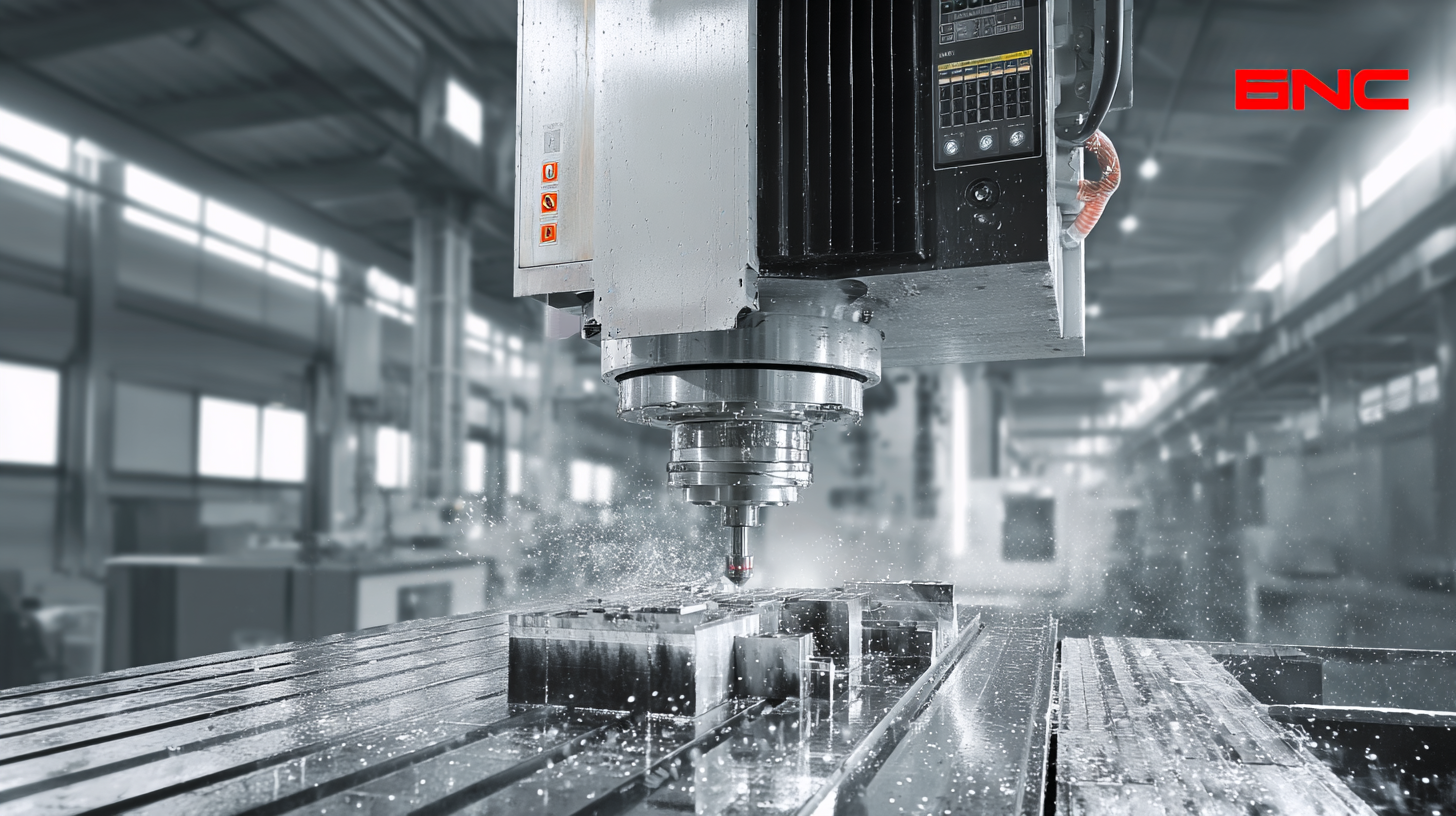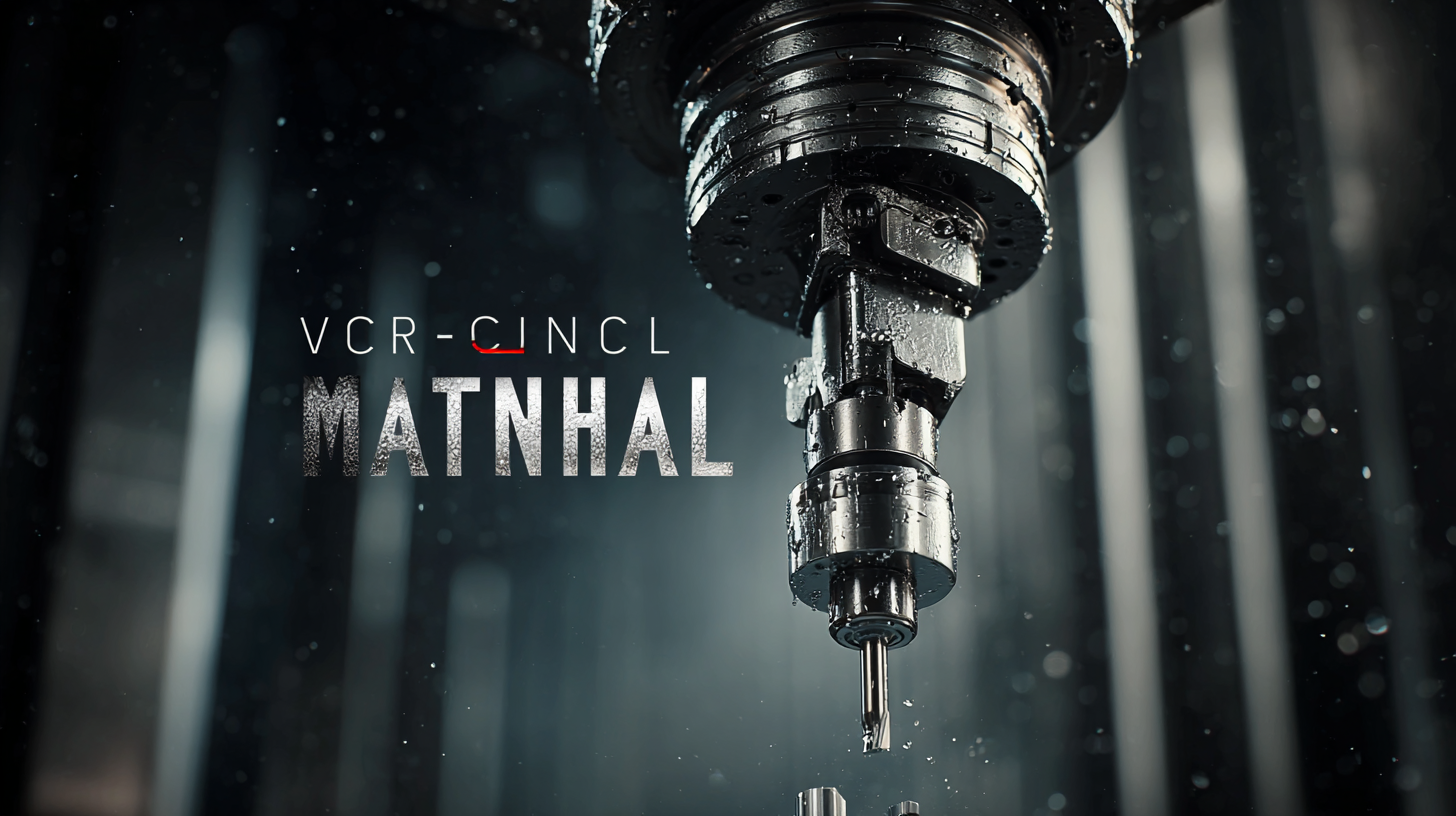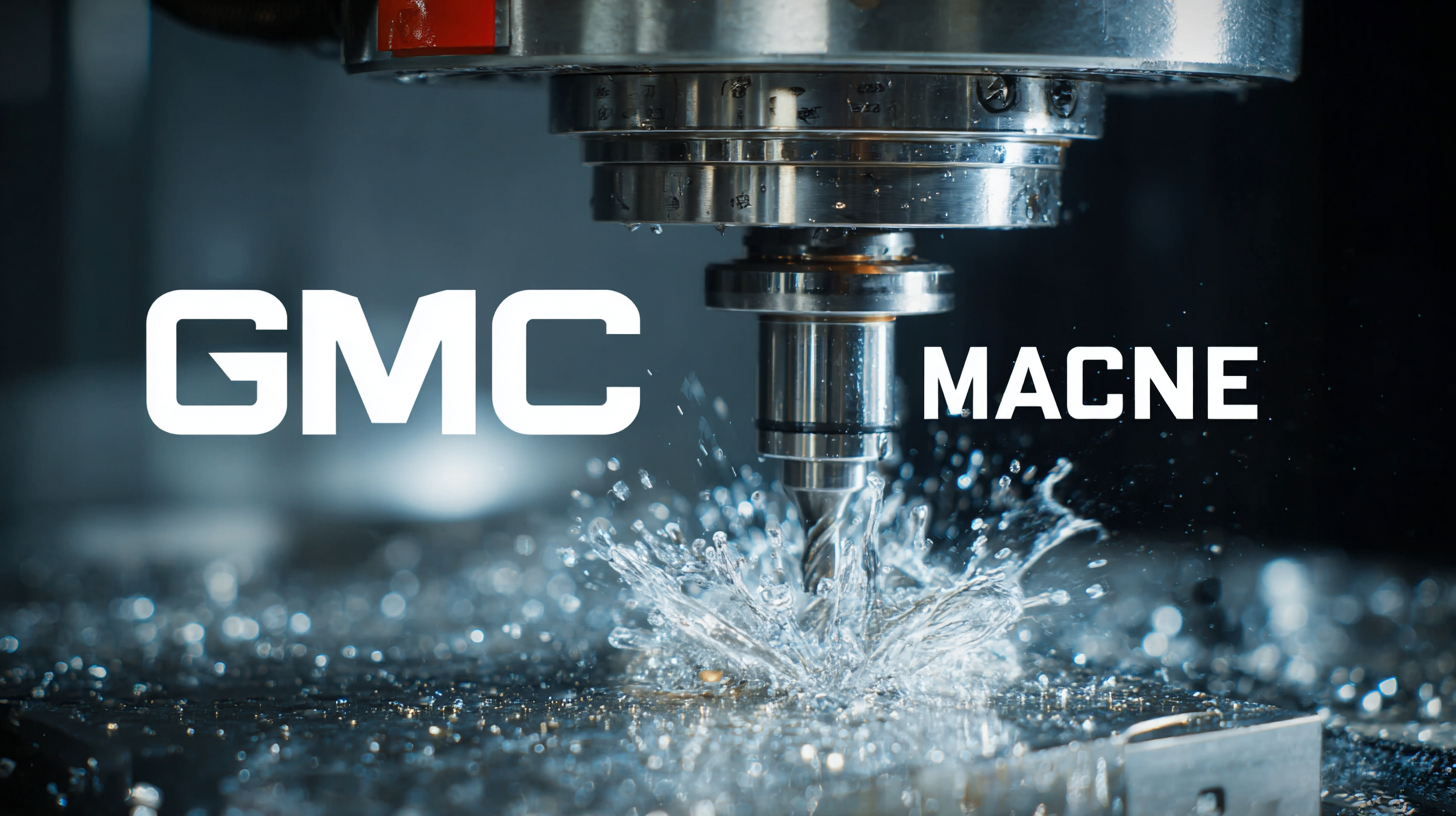Exploring Top Alternatives to the Best Vertical CNC Machine for Global Buyers
In the ever-evolving landscape of manufacturing, the vertical CNC machine stands out as a vital tool for precision and efficiency. As global buyers seek to enhance their production capabilities, understanding the various alternatives available in the market becomes increasingly important. This blog delves into the top alternatives to the best vertical CNC machines, providing insights into their features, benefits, and suitability for different operational needs. Whether you are a seasoned industry professional or a newcomer to CNC machining, exploring these alternatives can help you make informed decisions that align with your business objectives. Join us as we uncover the myriad options available, ensuring that your investment in a vertical CNC machine leads to optimal performance and productivity in your manufacturing processes.

Understanding Import and Export Certifications for CNC Machines
When considering the procurement of vertical CNC machines, understanding import and export certifications is crucial for global buyers. These certifications not only ensure compliance with international trade regulations but also signify that the equipment adheres to safety and quality standards. For example, certifications like CE, ISO, and ANSI can significantly affect a machine's marketability and acceptance in various countries. Buyers should always verify that the machines they are interested in have the necessary documentation, as this can expedite customs clearance and enhance operational reliability.

Tips for navigating certification requirements include researching the specific regulations of the destination country, as these can vary significantly. Additionally, engaging with suppliers who have a solid track record in exporting to your region can provide insights into the necessary certifications. It is also beneficial to consult with legal experts or trade consultants who specialize in international commerce to ensure that all aspects of compliance are thoroughly addressed.
Finally, as you explore alternatives to vertical CNC machines, consider the certification history of the equipment. Machines with extensive certifications may offer better long-term investment quality, as they are more likely to be recognized and supported across different markets. This strategic approach not only saves time but also enhances the overall procurement experience.
The Importance of Industry Standards in Global CNC Trade
In the realm of global CNC trade, adhering to industry standards is crucial for ensuring quality and reliability. When buyers consider alternatives to the best vertical CNC machines, understanding these standards can significantly influence their purchasing decisions. Compliance with international standards, such as ISO and CE markings, assures buyers of consistent performance and safety in CNC machinery. This not only helps in maintaining operational efficiency but also reduces the risk of costly downtimes caused by equipment failures.
Tip: Always verify the certifications of a CNC machine before making a purchase. This can provide insight into the machine's reliability and adherence to quality standards, which are often indicative of long-term performance.
Furthermore, suppliers who prioritize industry standards in their manufacturing processes are more likely to foster trust among global buyers. This trust is essential in establishing long-term relationships and can lead to better support and service. Engaging with suppliers who are knowledgeable about regional standards can also facilitate smoother transactions and compliance with local regulations.
Tip: Research local industry standards in your region. This knowledge can help you identify suitable machinery that meets not only your production needs but also the regulatory requirements of your market.
Key Certifications for Vertical CNC Machines in International Markets
When considering vertical CNC machines for global markets, understanding key certifications is crucial for buyers looking to ensure quality and compliance. Certifications such as ISO 9001:2015, CE Marking, and RoHS are vital indicators of a machine’s quality management systems and safety standards. According to a report by MarketsandMarkets, the global CNC machine market is expected to reach $100 billion by 2025, highlighting the importance of adherence to international standards that can enhance machine reliability and customer trust.
Tips: When sourcing vertical CNC machines, verify the manufacturer's certifications to ensure they meet the necessary international requirements. This can prevent costly compliance issues later on.
Additionally, different regions may have specific regulations. For instance, the EU's Machinery Directive mandates strict compliance standards which can affect market access. Companies that aim to export their machines should consider obtaining regional certifications that cater to local markets. As noted in a 2022 study by Technavio, regional compliance can enhance competitive advantage, making it critical for international buyers to be well-versed in local certification needs.
Tips: Stay updated on certification changes in key markets, as regulations can evolve. Joining industry forums or subscribing to relevant publications can be invaluable for maintaining compliance knowledge.

Navigating Compliance Challenges in CNC Machine Exports
Navigating the complex landscape of CNC machine exports requires an understanding of various compliance regulations that differ from region to region. According to a report by Market Research Future, the global CNC machine market is projected to reach USD 117 billion by 2027, with Asia-Pacific being the fastest-growing segment. This growth is accompanied by stricter regulations related to safety, emissions, and machine tolerances, which can pose significant challenges for exporters. Ensuring compliance not only helps avoid hefty fines but also enhances the reputation of manufacturers in international markets.
Tip: Always conduct a thorough audit of your technology and processes to ensure that your CNC machines meet the specific certification standards required in the target export market. Staying updated on the latest regulatory changes can save you time and resources in the long run.
Another critical aspect of compliance is understanding the intricacies of export documentation. A report from Grand View Research highlights that improper documentation can lead to delays and increased costs, undermining the competitive edge of your product. Ensuring that all export licenses, customs forms, and quality certifications are in order will streamline the process and facilitate smoother transactions.
Tip: Consider investing in compliance training for your sales and logistics teams to enhance their understanding of international regulations. This proactive approach can minimize compliance risks and improve the efficiency of your export operations.
Strategies for Global Buyers to Ensure Certification Validity
When considering the purchase of a vertical CNC machine, global buyers must prioritize the validity of certifications to ensure they are investing in quality and compliance. One effective strategy is to thoroughly research the certification bodies relevant to your industry and region. Seek machines that carry certifications from globally recognized organizations, such as ISO 9001 or CE marking, which signify adherence to international quality and safety standards. This not only elevates the credibility of the machine but also facilitates smoother customs and regulatory processes.
Additionally, buyers should establish a direct line of communication with manufacturers or suppliers to verify the authenticity of certifications. Request documentation that details the scope and methodology of the certifications, and don’t hesitate to ask for references or case studies from other clients. Utilizing third-party audits can also serve as an effective method for confirming compliance with industry standards, which can significantly mitigate risk in your investment decision. By adopting these strategies, global buyers can confidently navigate the market for vertical CNC machines and make informed choices that align with their operational standards.
